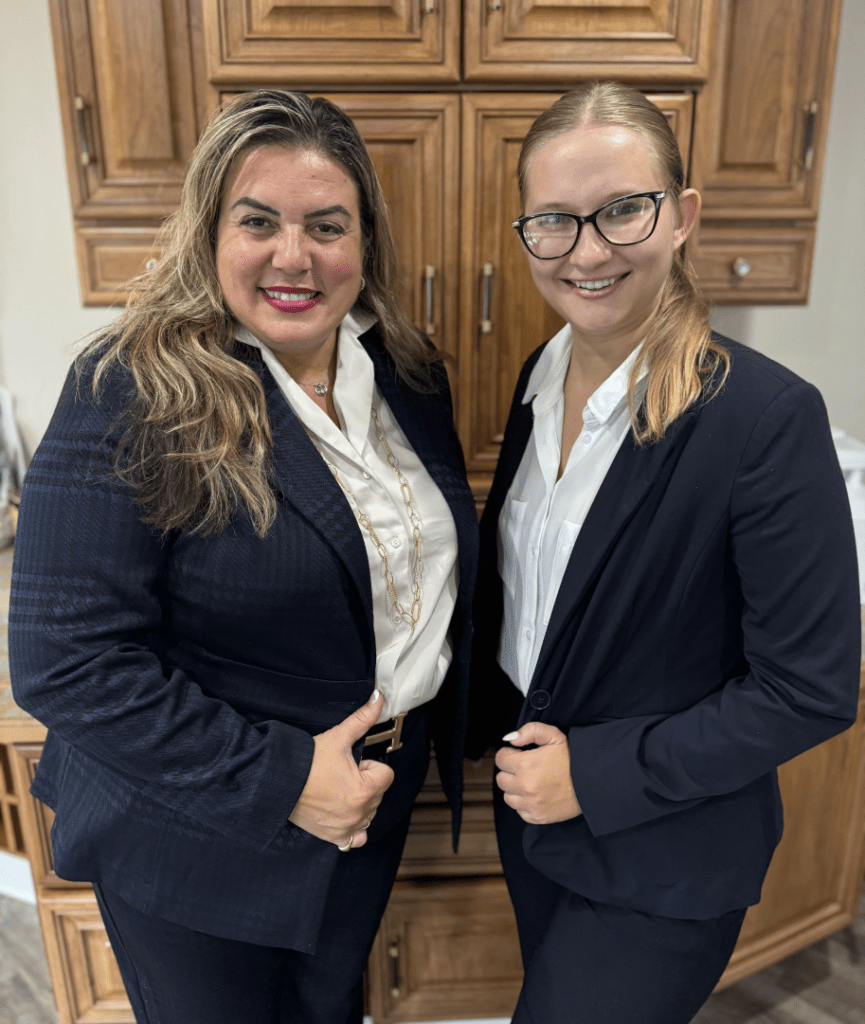
A Milwaukee probate lawyer looks over all values of the case. When a person passes away without the necessary documents to outline the future of their estate, their estate will enter Probate. Probate is a court-supervised process with four primary objectives:
Through this process, the rights of surviving spouses, creditors, and beneficiaries of the estate will be protected. It ensures that once the property is transferred to heirs or beneficiaries, it is free from any creditors’ claims. This process is guided by a personal representative titled by the deceased or appointed by the court.
Our expert team offers personalized solutions, transparent communication, and compassionate support, ensuring a smooth process during challenging times. Trust us to handle the details while you focus on what matters. Schedule your consultation today!
Probate is a legal process that happens after someone passes away. When a person dies, they usually leave behind assets like property, money, or possessions. Probate is the way the legal system manages and distributes these assets to the rightful heirs or beneficiaries. That is where you look to hire a probate lawyer that is well recognized.
Here’s a simplified overview of how probate works:
It’s worth noting that probate can be a time-consuming and potentially costly process. Some assets, like those held in a living trust or joint tenancy, may bypass probate and go directly to the beneficiaries.
Contested probate occurs when there’s a dispute or disagreement over the validity of the will or the way the probate process is being handled. This can lead to legal challenges and courtroom battles among family members, beneficiaries, or other interested parties. Because this process is lengthy its best recommended to hire a Milwaukee probate lawyer Let’s break it down with some examples:
The duration of the probate process can vary widely depending on factors such as the complexity of the estate, local laws, and any disputes that arise. However there are a few categories that can help break things down:
A probate case can be very complex and hard to navigate. If you have an attorney by your side it can be extremely helpful, as it lessens the risk of any mistakes that could harm your future.
If you want to challenge a Will or Trust, you will need an attorney as a representative for your interests.
No. It will first go to the individual’s spouse if alive. If not, then it will go to any surviving children. If no family member claims the estate of an individual who has passed, THEN it will go to the state.
It is the process of distributing a deceased person’s estate to their rightful heirs. It is beneficial to have a Will or Trust made before you pass, as it makes the legal process easier for your loved ones. If you plan ahead and state the executors of certain estates it will be easier for courts to distribute your properties. See how to set up a trust in 5 steps in our blog post here.
If the debt claims are valid, a process of negotiation and prioritization of the debt begins within the estate. Depending on funds in addition to potential taxes, assets may need to be sold to cover all debts.
Estate planning involves arranging your assets and personal affairs to ensure they’re managed and distributed as you intend, both during your life and after. This includes creating a will, setting up trusts, designating powers of attorney for financial and medical decisions, and outlining your preferences for medical treatment.
Avoiding probate might sound like a big, complicated thing, but there are some pretty straightforward ways to do it. Imagine you’re in high school, and think of it like finding shortcuts to make things easier.
COPYRIGHT © 2024 KONSTANTAKIS LAW OFFICE, LLC - ALL RIGHTS RESERVED.